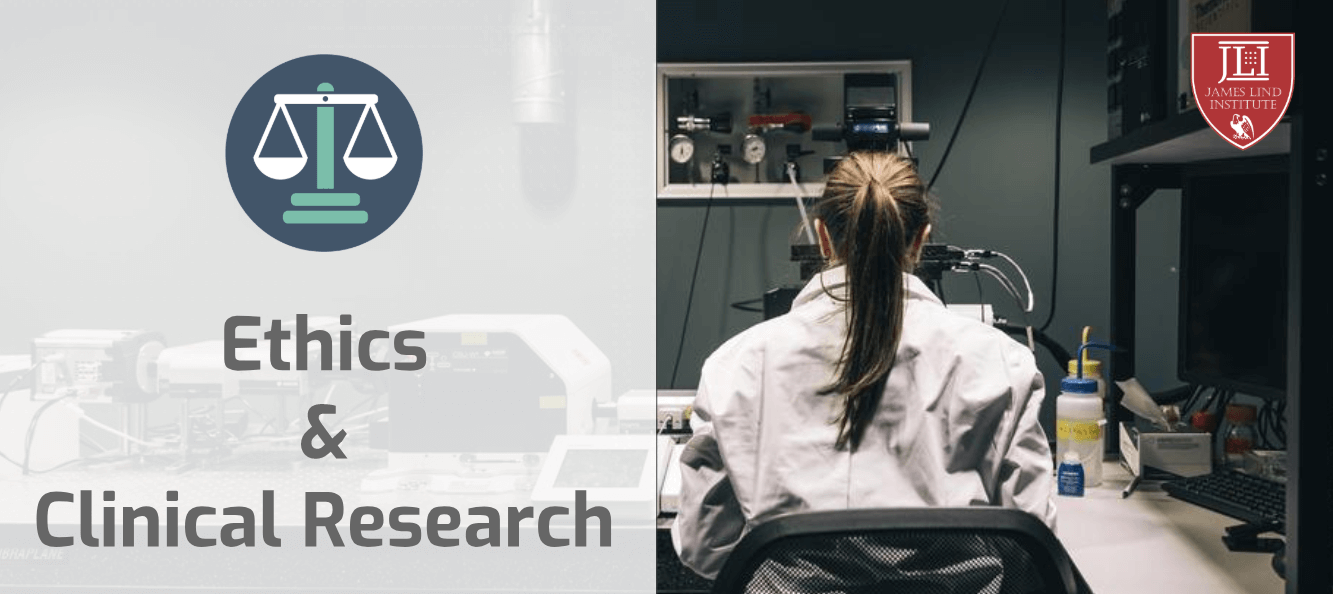Industrial Twist to Ethics
Pharmaceutical companies invest large amounts of money in developing new drugs. When high stakes are potentially involved unethical practices can leech in such as increasing the clinical effectiveness of drugs and suppressing or overlooking, the safety concerns thus creating a bias. Conducting clinical trials needs to follow stringent ethical guidelines and standards as patients involved might receive treatment that might not be of their immediate benefit. It has also been observed that articles reporting positive trials are more commonly published than negative ones. Thus, selective reporting creates a favorable market for drug efficacy.
Ethical Rights
Rights of individuals and safety of research participants are the main elements of ethical practice where the researchers should not only be aware but also make the participants aware of the same with rightful consent. Research in developing countries creates a greater risk of exploitation due to poverty, limited health-care services, illiteracy. Misrepresenting a data to suit a purpose, plagiarizing another researcher’s idea or work are unethical practices hounding clinical research for years. Independent bodies of clinicians and researchers should be encouraged to review papers critically for possible conflict of interest as well as any associated bias. Thus with a greater critical approach industries will introduce drugs in market which have greater value than those already available in market. Thus, it’s imperative to increase the social value which can lead to improvement in health rather than a personal value for research. It can only be done by increasing the transparency along with forming strict guidelines to curtail any scientific misconduct and fraudulent medical research by clinicians, researchers and even industries involved. However, the regulatory setup remains inadequate and ill-equipped to oversee their observance in letter and spirit. It also should be kept in mind to avoid repetitive or previously conducted trials as they not only waste time, money but also divert attention from alternative and worthwhile research.
Research ethics has gone through trials and tribulations and matured to the present day Good Clinical Practice (GCP) guidelines. Documents like the Nuremberg Code, the Declaration of Helsinki, Henry Beecher’s landmark paper, the Belmont Report, the U.S. Common Rule, and many more such efforts have gone a long way in establishing the ethical standard followed in clinical trials.
Online Courses in Clinical Research
James Lind institute provides an opportunity for clinicians, nurses, pharmacists, life science graduates and others for a sound purposeful career as clinical researcher by providing online courses which are recognized internationally. The courses offered are Post Graduate Diploma in Clinical Research, Advanced Post Graduate Diploma in Clinical Research and Pharmacovigilance, Medical writing, Business Development, Regulatory Affairs, Quality Assurance and Clinical Data Management & Analytics. JLI aids in boosting skills and knowledge with industry experts and mentors.


